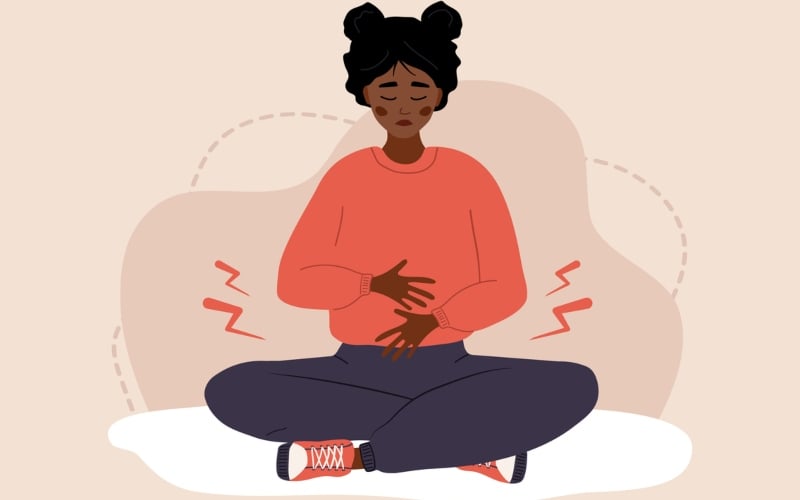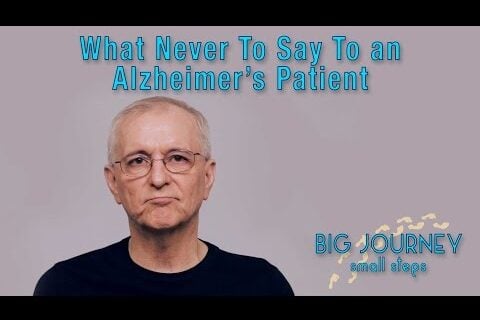As a fibromyalgia patient, I’ve faced so many struggles in the medical community. It is why I despise male doctors and request to see female ones.
Many of the doctors I saw were hyper masculine and did not listen (something I find female doctors do more of). Of course, this is not to say there are soft spoken male doctors out there, but I write this piece from my experience with male MDs thus far.
They often disregarded my concerns and, in my opinion, they were upholding the idea it was psychological ( as most older doctors who graduated more than ten years ago still believe. Now they realise it’s caused by central sensitization, which is not psychological in nature-it’s genetic, often comes with high sensitivity, and often brought on by early life stress but because of all the negative effects it brings on, you feel down in the dumps).
Between the poor sleep, chronic pain/stiffness, headaches, IBS, daytime fatigue, bad period pain, and sometimes tinnitus, you’d be weird to be happy. Not to mention the social effects, like a lessening income due to lowered work load, relationships issues with partners/children, and a lessening social pool.
In some cases, you have a hard time securing unemployment because fibro isn’t considered ‘real’ by some and that people are lazy and don’t want to work. There’s also a never ending journey of trying to find some form of relief, testing hundreds of medicines, supplements, and therapies. Each try has a significant amount of financial and emotional stake.
Then there’s the threat of homelessnes or other stressful situations, that only increase flares. Combine all that and you pretty well feel utterly distressed.
The western model of medicine is patriarchal in nature. If they can’t see a gaping wound or see a broken bone on the x-ray, or some virus in your blood, you’re not sick. You’ve got a mental illness!
In the masculine, civilized world we like to have labels or categories, where you’re either a cancer patient, a burn victim, or someone with a broken leg. Or else you’re a hypochondriac!
What’s more, the western patriarchal model is very generalized or looks at sickness in a mass form, not on an individual level .They put people into groups, even use personalities to form ideas of who is more likely to get chronic illnesses, like fibro.
According to some sites, it’s people with Type A personality or who are introverted and neurotic.
Compare this model to a more feminist model, where we’re looking at everyone from a holistic perspective and on an individual level.
If an individual is experiencing physical issues, a more individual approach would be to look at their past relationships in childhood (was the mother emotionally abusive/unavailable? Did she herself come from a traumatized background?) and the current circumstances the individual is dealing with (such as unemployment/a bad economy, a chronic illness, no co-workers/friends to socialise with, and relying on an abusive parent for a monthly stipend).
Another thing is that all the research is on the male body and most case studies for medicine efficacy are based on male participants. What doctors miss is women’s different anatomy and women’s daily fluctuations of hormones. These can impact how well the medicine works. Moreover, chronic conditions affect more women than men, because of this process. Most women who develop fibromyalgia are in their late forties to early fifties, when they develop menopause. Very few develop it in their twenties or earlier, which points to some hormonal connection.
What’s more, in the western world women are socialized differently from men on dealing with pain, whether it’s actual or perceived.
Men hurt their thumb nailing something and after a few choice words, they can handle it, maybe taking a tylenol later to numb the sensation. They’ve been conditioned to have a stiff upper lip and pretty well ignore it, unless it’s swollen black and blue.
Women on the other hand, aggravate the state of pain by worrying how it affects their lives as spouses, parents, employees and friends. With that said, they have an advantage in being encouraged on a social level, to seek out support from others to cope with it. Women are also more likely to seek out medical experts earlier on in conditions, compared to men (who wait until it is very disruptive of their lives).
There can be a downside to this, as sometimes chronic illness patients resent having to rely on everyone else to do stuff. What’s ironic too, is that often the medical community points out how these same patients are ‘clingy’ or ‘needy’ for seeking assistance.
Women are also often believed to be less sensitive to pain because of periods and labour and men are seen as ‘babies’ when they catch a cold or the flu.
These are again, generalized ideas. Not all men are stoic and not all women are social (or have the connections). Not all men are introverts, nor are all women extroverts. Again, there’s this socio-medical mass belief that if you don’t fit into one of these square boxes, you’re ‘weird’ or ‘strange’ according to doctors. Which only leads to individuals who don’t fit into these boxes to avoid medical help altogether and seek it out only when it is absolutely necessary.
***
You may also like these posts on The Good Men Project:
 White Fragility: Talking to White People About Racism
White Fragility: Talking to White People About Racism  Escape the “Act Like a Man” Box
Escape the “Act Like a Man” Box  The Lack of Gentle Platonic Touch in Men’s Lives is a Killer
The Lack of Gentle Platonic Touch in Men’s Lives is a Killer  What We Talk About When We Talk About Men
What We Talk About When We Talk About Men —
Photo credit: iStockPhoto.com
The post Medicine and Patriarchy: A Pair at Odds appeared first on The Good Men Project.
Original Article










